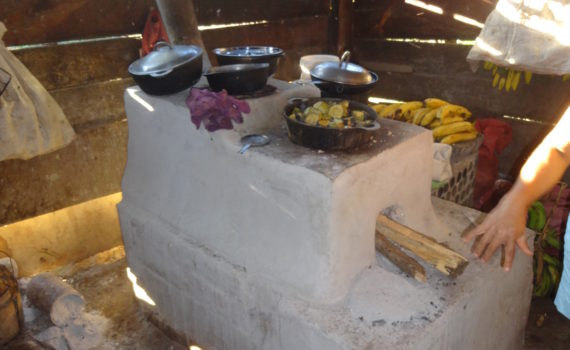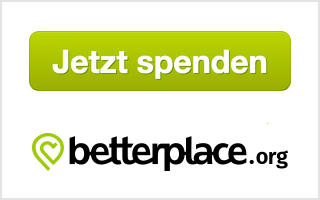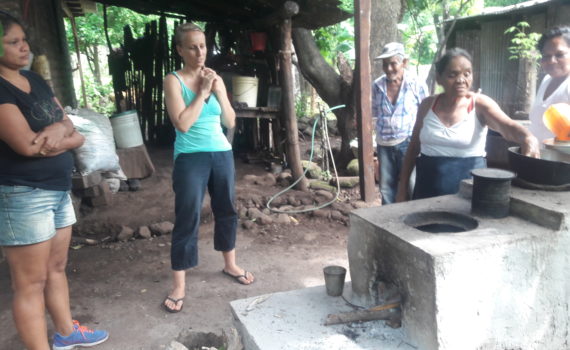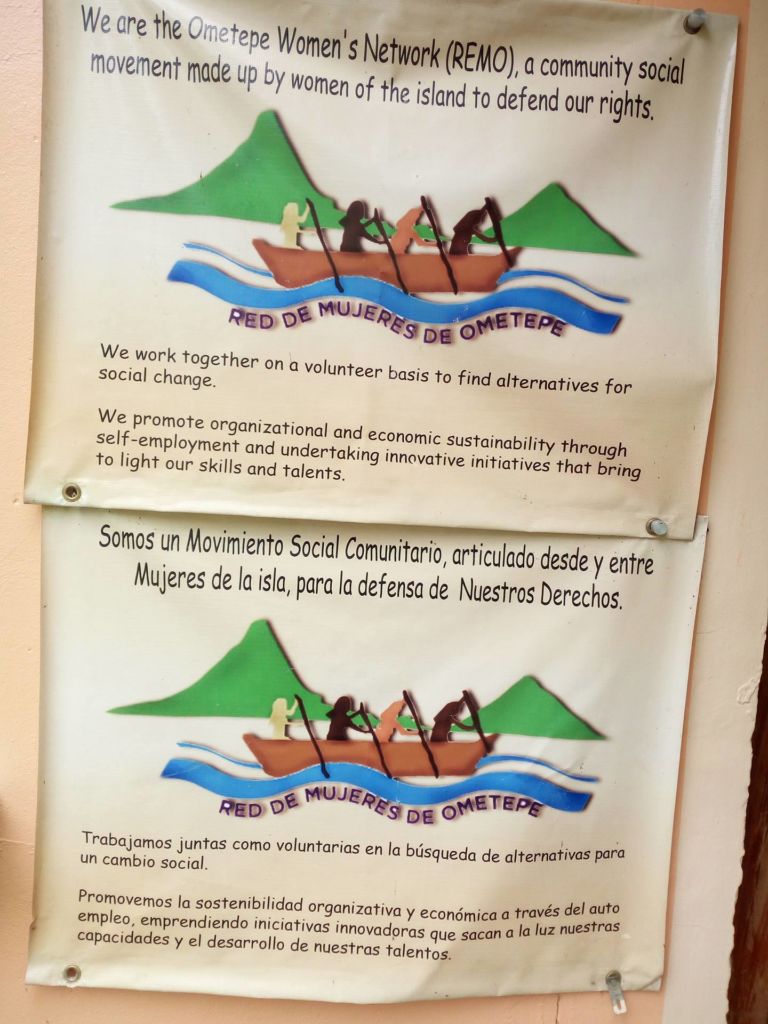
Smoke-free cooking stations for people from the Nicaraguan region of Boaco
Category : Projekte , Rauchfreie Kochstellen
In collaboration with local people, we build innovative and healthy cooking pits for and with poor families in the Boaco region (Nicaragua). The cooking stoves are made from local materials, keep smoke out of the kitchen, reduce wood consumption and are built together with the new owners.
By combining simple materials, education about the functionality of the cooking pit and the integration of the beneficiaries in the construction process we support independence and health of the people living on Ometepe in the long term.
The Problem:
Many people, especially in the rural regions of Nicaragua, mainly cook with wood on open cooking pits without the smoke being directed outside. Thus, the smoke spreads throughout the house, affecting everyone inside. The consequences are respiratory diseases, headaches and eye problems. Plastic is often used to light the fire. This makes the gases even more toxic and people are more likely to develop serious respiratory diseases such as lung cancer. Also: families cut down an excessive number of trees to obtain firewood, which reduces the forest population.
The Solution
Sanito e.V. supports the construction of sustainable cooking pits, that are built using local resources.
This is innovative, since it is a cooking pit, which
- extracts the smoke out of the house through stovepipes
- wastes less wood, while offering an improved cooking possibility
- by using less wood simultaneously reduces the work load of the families
- uses local materials, like soil and horse droppings (as well as concrete and recyclable materials like glass bottles)
Sustainable, because
- beneficiaries are selected who have limited resources and only an open fireplace for cooking
- the beneficiaries themselves help to build the new kitchens
- the beneficiaries plant trees to support reforestation.
Local, because
- the construction work is carried out by locals who are experts in stove building for locals.
- In this way, they support the local economy, which benefits other families.
The costs:
The construction of a cooking area costs approx. 150 €. This includes the material costs (concrete, stove pipe etc.) as well as the construction costs.
The aim is to build several cooking pits over the next few months. As we estimate the demand to be very high, we hope to finance at least 20 cooking stoves.
Who are we?
Sanito – Förderverein für gesundes Leben in Nicaragua e. V. is a German non-profit association based in Frohburg, Saxony. The association is dedicated to the promotion of health, in the sense of development cooperation, in Latin America, especially in Nicaragua.
We are committed to a sustainable regional food supply, organic farming and comprehensive health care in Latin America. Based on our experiences and experiences so far, we start in Nicaragua, one of the poorest countries in Latin America. We place a special focus on preventive health care. We also promote the exchange of volunteers and knowledge. We also want to strengthen international understanding between Germany and the people of Latin America.
Project implementation:
By working with the Leipzig-based cooperative Cafe Chavalo [LINK], we gain access to the coffee-producing cooperative “Tierra Nueva” from the Boaco region, which in turn supports us in working with local kitchen farmers and in selecting beneficiaries.
The project is implemented as follows:
Step 1: Selecting the location
Places in the Boaco region in the immediate vicinity of the “Tierra Nueva” coffee cooperative, where people cook on open fires and have no facilities to prevent smoke, are considered for selection.
Step 2: Selection of beneficiaries
IIn collaboration with the local coffee cooperative, families are selected who have few resources and only cook on an open fire. In interviews with the family members, the Sanitos assess the family’s situation and willingness to participate in the project.
Step 3: Building the cooking stoves
The beneficiaries provide materials such as soil, ash and horse droppings and help to build the cooking stoves. The local kitchen builders then build the kitchens together with the beneficiary families and also procure the other building materials such as concrete or the stove pipe.
Step 4: Planting trees
Once the cooking area has been built, the beneficiary families plant trees to support the reforestation of the forest.








